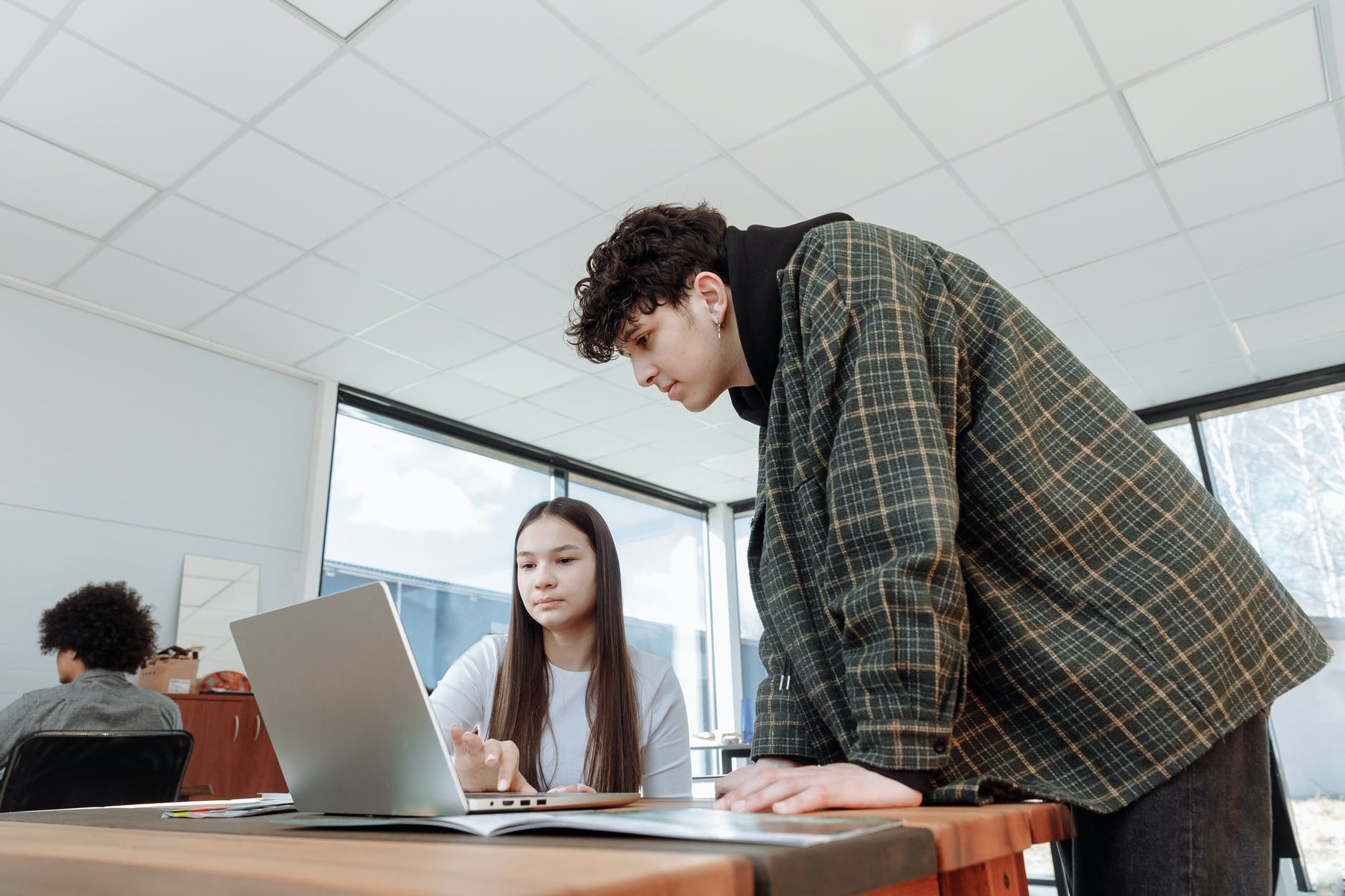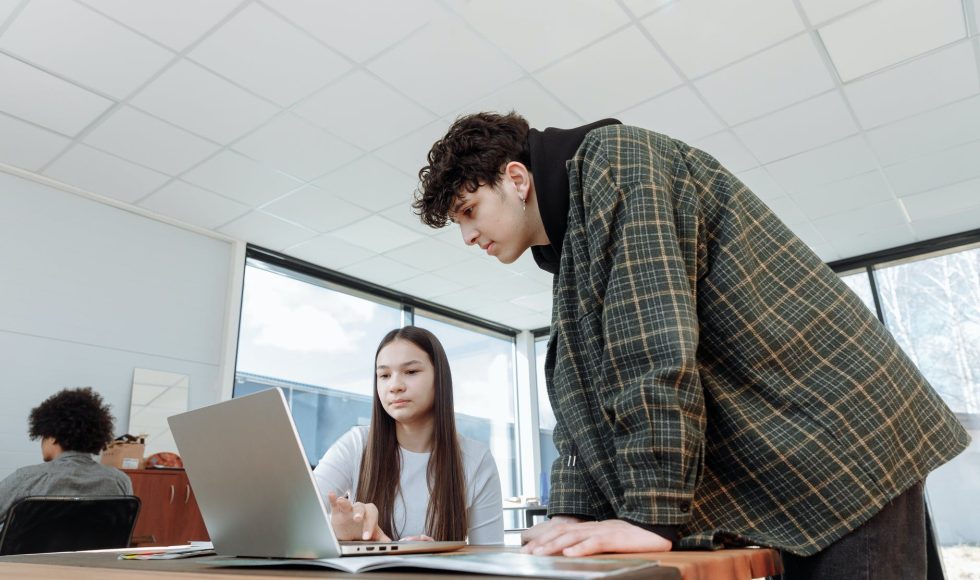Tonight, Amada and I watched Sayonita Ghosh Hajra from California State University, Sacramento and Abeer Hasan from Humboldt State University present a recorded Lilly Conference online 2021 presentation entitled “Managing REU in between Two Institutions During a Pandemic.” This summer we have been hosting a virtual REU. It has been busy and really cool. I want to continue offering online research experiences. The speakers discussed the logistics of their online research experiences at two different institutions. The speakers wanted to collaborate since they have different fields of interest. They applied for a mini-grant from the Center for Undergraduate Research in Mathematics (CURM) to provide mentorship and develop essential undergraduate research skills. The grant provided an opportunity to revitalize their research programs and prepare students for careers in mathematical sciences. The center grant allowed for the collaboration between one math faculty from Sacramento and one from Humboldt State. Both faculty attended a mentoring session and learned about setting expectations. They then had planning meetings in the fall 2020 and spring 2021 the presenters had weekly meetings to identify research problems and begin collaborations. I appreciate that students were able to identify problems to investigate. Two groups formed: one focusing on forest fire data and one on COVID health data. They identified that it was important to have open-ended problems and hone student skills. Milestones before a final project. Ghosh Hajra spoke about acknowledging conflicts. Hasan talked about some of the typical challenges they encountered: some students were frustrated with the open-ended nature of the research questions, multidisciplinary prerequisites required training (in R), the different institutions had different academic calendars… Some solutions that they offered included:
- Creating a weekly journal and setting deliverables and due dates
- Providing positive and encouraging communication
- Assigning roles for each activity
- Providing flexibility and offering student options
These suggestions are helpful as we wrap up the summer 2021 research experience for undergraduates. I wish I had been able to provide more structure for the weekly journals, as some wrote more often than others. The speakers did mention that students working virtually were able to collaborate using GitHub and Slack. Hasan cited the work of Andreoli et al 2017 in BMC Proc. as a resource about research-based inter-institutional collaborations. I will have to look at that article for ideas for research collaborations.
A second session I watched was by Kimberly Greene, Jessica Bogunovich, and Carlos Guzman, Brandman University presented on “PRAE-Professional Reciprocal Altruism in Education: Aligning Values, Attitudes, & Mindsets.” The presenters work on this theory (PRAE). They discussed altruism and shared values to inspire authentic engagement and participation. They explained how PRAE is an “appropriate shared vision.” Greene described values for teachers and the primary motivation being altruism. They asked the audience: “Why did I get into the teaching profession?” They talked about the alignment between your work environment and the teaching profession values you have. They also explained that PRAE is reciprocal altruism: we are giving to get back later. The presenters encouraged starting this conversation with peers. This presentation and the value cards they shared were thought-provoking. This framework emphasizes reciprocity and altruism and combines it with self-care and the values of teachers. I would like to learn how PRAE develops in the coming years.



